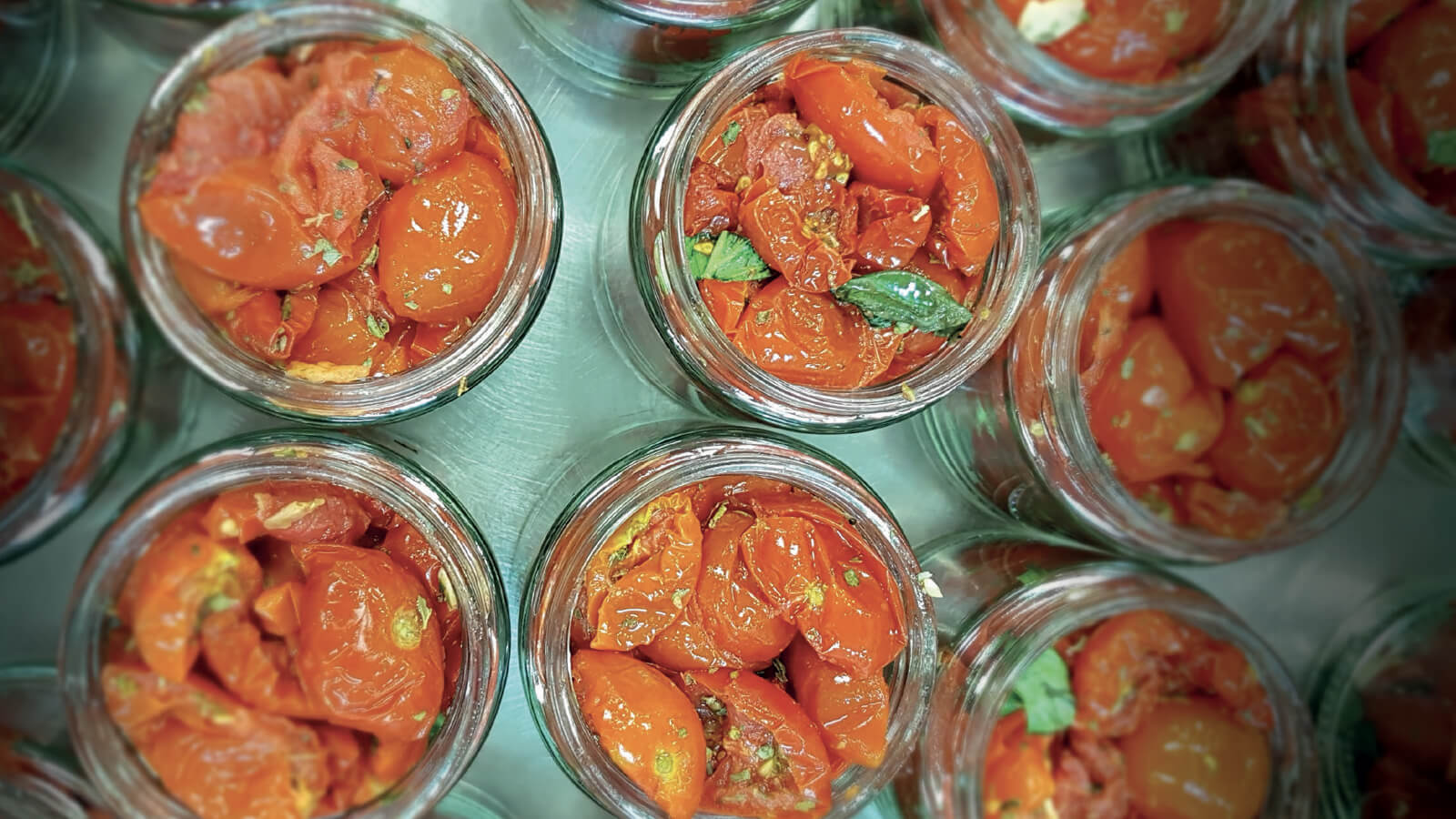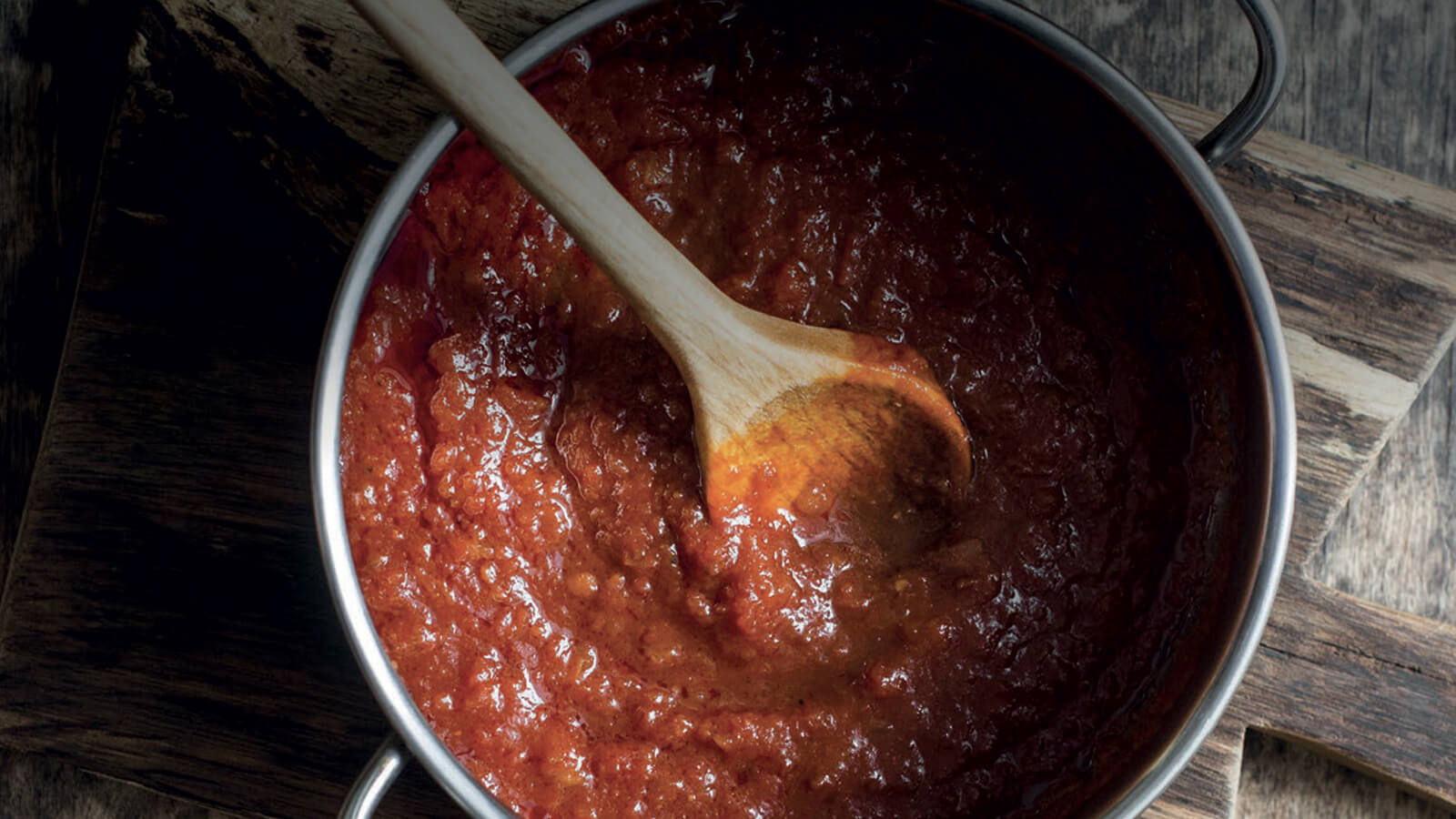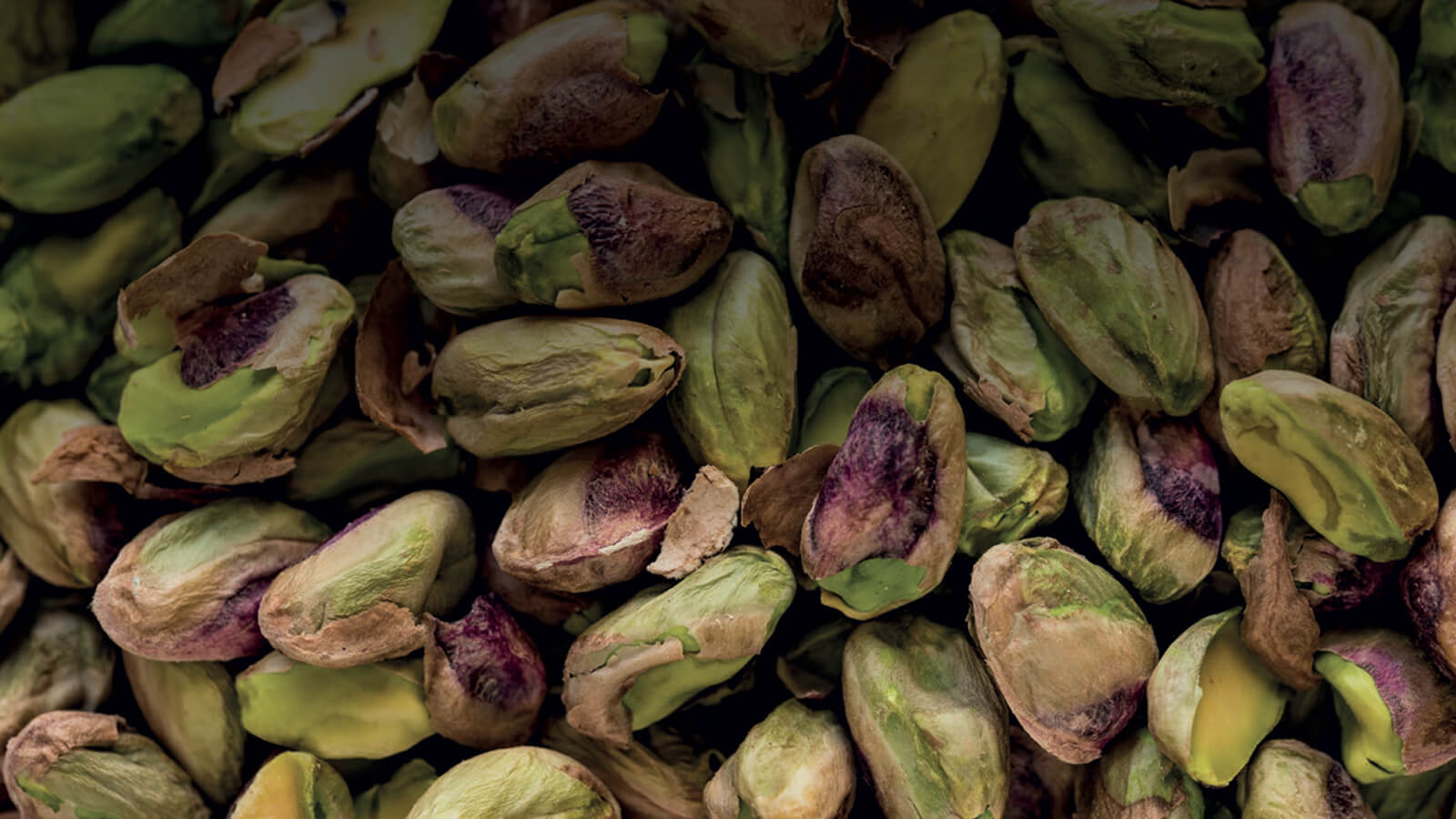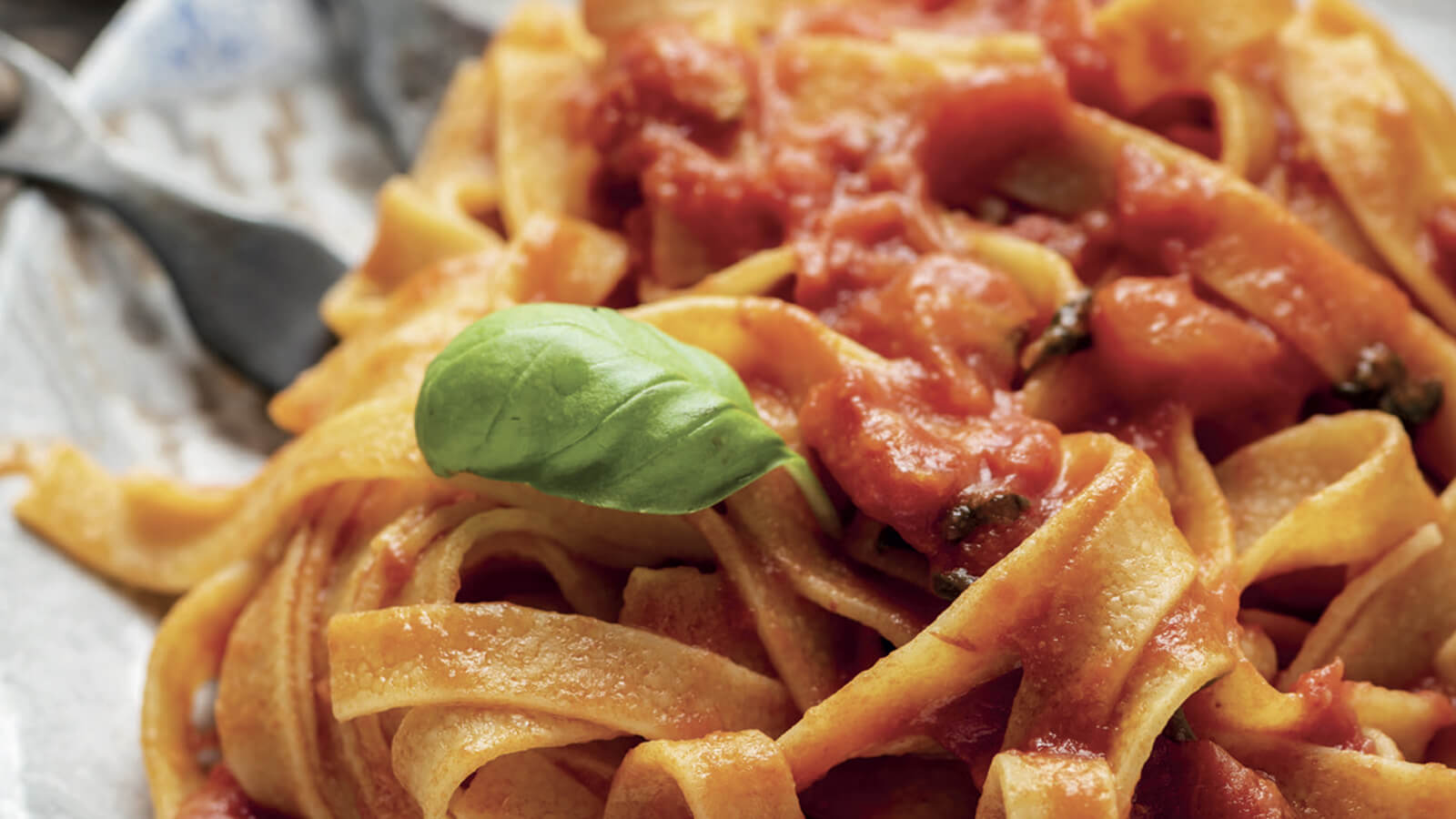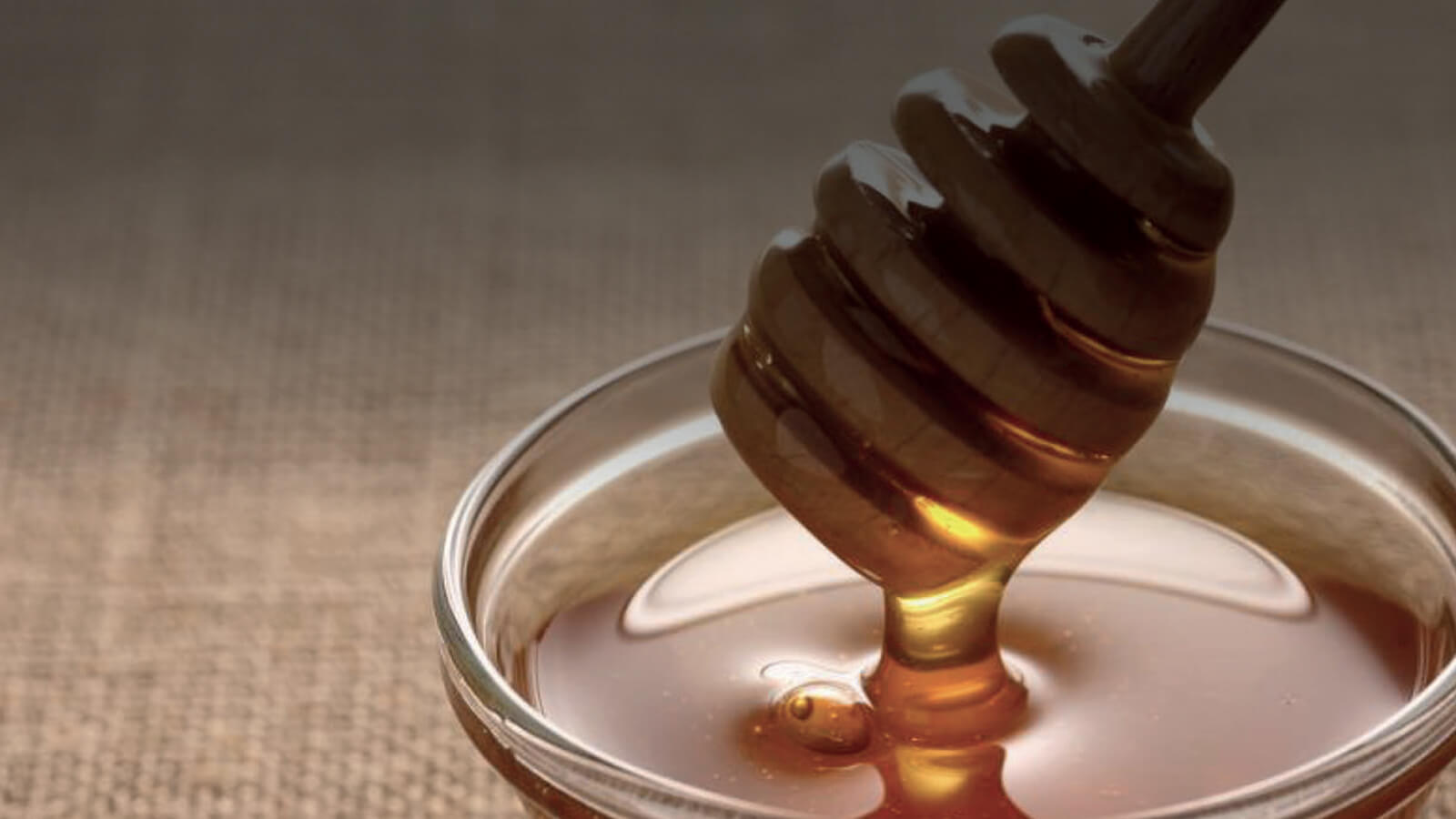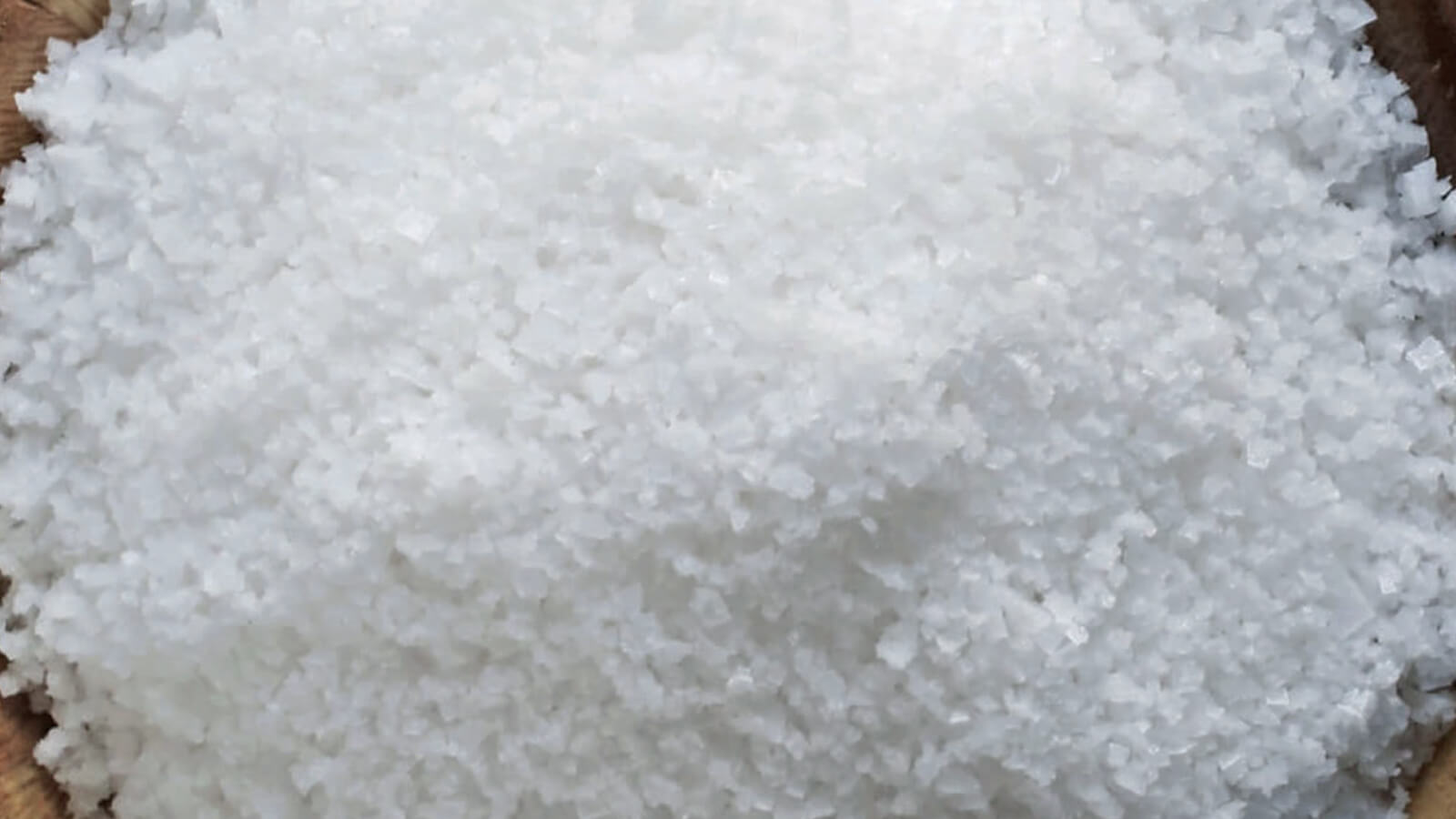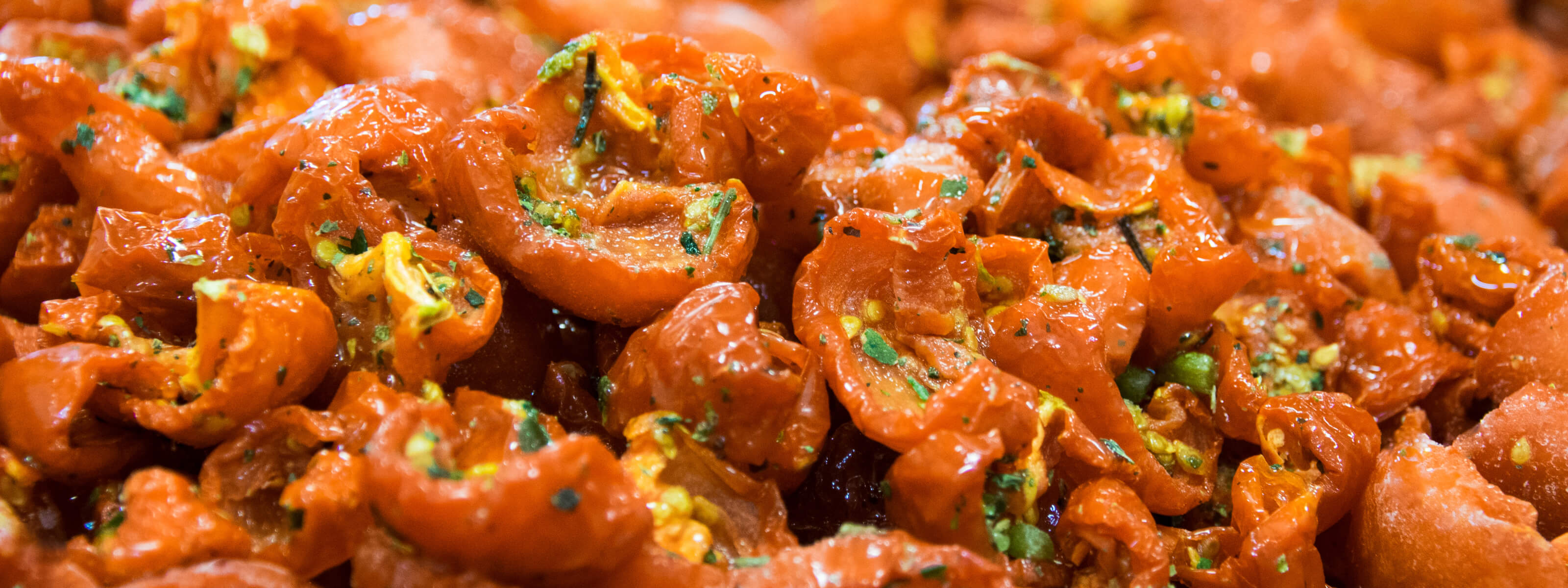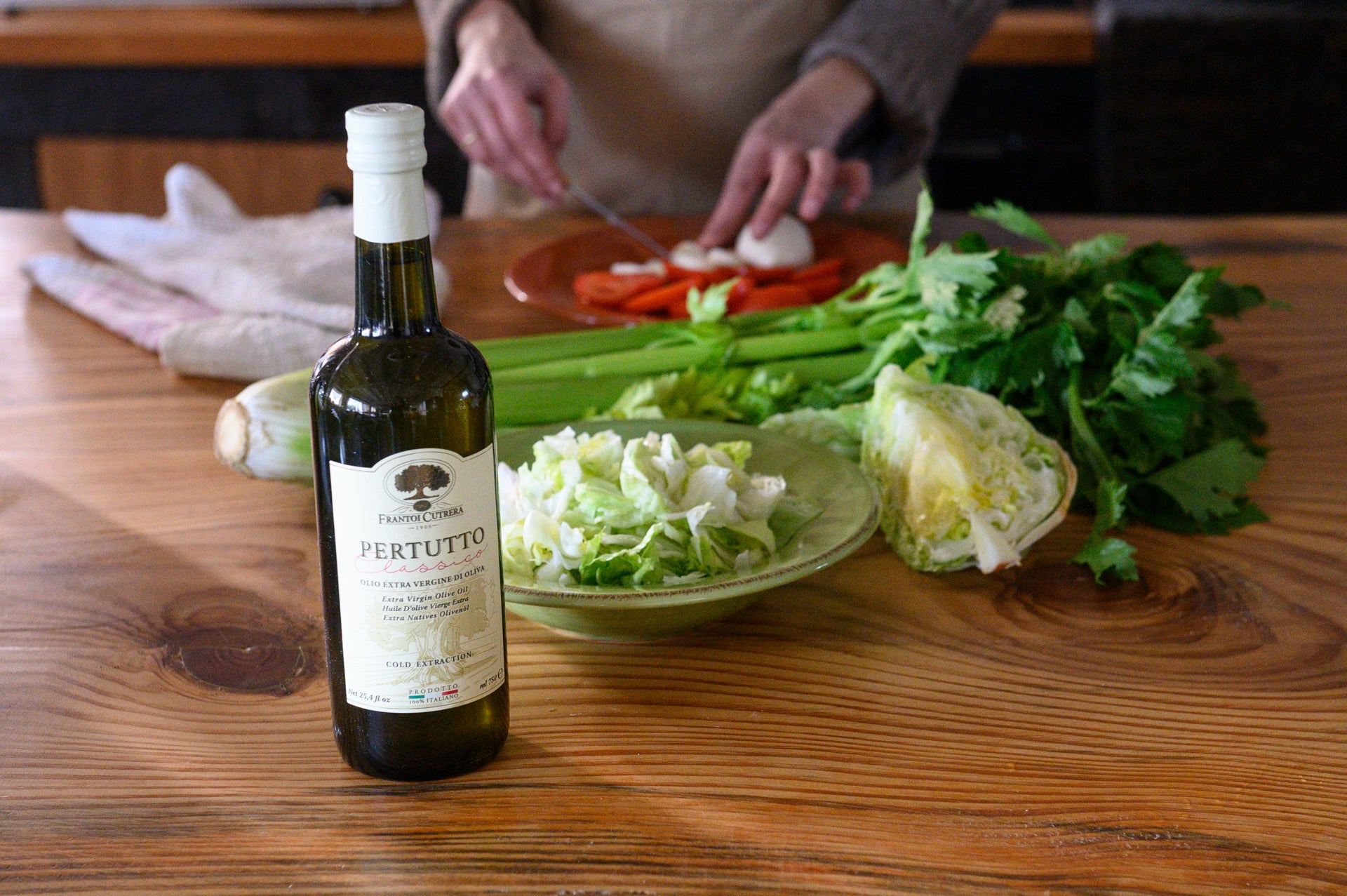
Olive oil for frying: advantages and advice
Introduction to olive oil
In this article we will delve into the importance of olive oil as a preferred choice for frying. Olive oil is an essential ingredient in Mediterranean cuisine and is prized for its rich flavor and health-promoting properties. Knowing the different varieties of olive oil and their culinary uses can help us make informed choices in the kitchen.
The different varieties of olive oil
- Extra virgin olive oil : is the highest quality variety of olive oil, obtained directly from olives and cold processed. It is ideal for raw condiments and for dishes that require a finishing touch of quality.
- Virgin olive oil : of slightly lower quality than extra virgin, but still suitable for use raw and for cooking at low temperatures.
- Refined olive oil : it has undergone a refining process to improve its flavor and stability in cooking, and is particularly suitable for frying at high temperatures.
Culinary uses of olive oil
- Light frying : extra virgin olive oil is excellent for frying light foods such as vegetables, eggs and fish, giving them a characteristic and delicious flavour.
- Deep frying : Refined olive oil is an ideal choice for high-temperature frying, such as French fries, as it maintains its properties stable even when in contact with intense heat.
Remembering this information will allow us to make the most of the different varieties of olive oil in our culinary preparations, guaranteeing both maximum flavor and maximum benefit for our health.
The benefits of olive oil for your health
Using olive oil for frying has significant benefits for our health. Here's why you should consider this beneficial change in your diet:
-
Rich in antioxidants: Olive oil is rich in antioxidants, such as vitamin E and polyphenols, which help fight oxidative stress in our body.
-
Protects the heart: The monounsaturated fatty acids present in olive oil help reduce bad cholesterol in the blood, thus protecting the heart from cardiovascular diseases.
-
Anti-inflammatory: Olive oil contains compounds that have anti-inflammatory properties, useful in fighting inflammation in our body.
-
Improves brain health: Thanks to its essential fatty acids, olive oil can help improve cognitive function and protect the brain from aging.
-
Regulates blood sugar level: Using olive oil can help regulate blood sugar levels, helping those with diabetes better manage their condition.
-
Anti-cancer substance: Some research suggests that compounds found in olive oil may have anti-cancer properties, offering additional protection against this disease.
Remember that choosing a high-quality olive oil and using it correctly in your culinary preparations can bring numerous benefits to your long-term health.
How to choose the right olive oil for frying
When it comes to choosing olive oil for frying, there are a few factors to take into consideration to ensure you get the best results. Here are some helpful tips:
-
Type of olive oil : For frying, it is advisable to use an olive oil of a higher category than those used for dressings or light cooking. Extra virgin olive oil is an excellent choice for frying thanks to its low smoke point and presence of antioxidants.
-
Smoke point : The smoke point of the oil indicates the maximum temperature to which it can be heated without burning. For frying, it is important to choose an oil with a high smoke point to prevent it from degrading during cooking. Extra virgin olive oil has a smoke point high enough to hold up well to frying.
-
Aroma and flavor : Although extra virgin olive oil offers exceptional flavor and aroma, it is important to keep in mind that the flavor may be altered during frying. Therefore, it may be more convenient to use a mid-range olive oil for frying, in order to save on cost without compromising too much on flavor.
-
Quantity : Make sure you use enough oil to completely submerge the foods you are frying. Too little oil could cause uneven and less crisp cooking.
Always remember to check the labels and information on olive oil before using it for frying, to ensure you are making the best choice for your fried dishes.
Practical guide to using olive oil for frying
In our practical guide, we will give you important advice on using olive oil for frying correctly:
- Olive Oil Selection : Make sure you opt for a high-quality olive oil with an appropriate smoke point for frying.
- Temperature : We keep the oil temperature constant during frying to avoid overheating which could compromise the properties of the oil.
- Quantity : We use the right amount of oil to fry foods evenly without overloading the pan.
- Type of cooking : We prefer to fry foods with extra virgin olive oil over medium heat to ensure crispy and tasty frying.
- Storing Used Oil : Did you know that after use, you can filter olive oil to remove any residue and reuse it?
As a reminder, although olive oil is an excellent choice for frying thanks to its antioxidant properties and unique flavor, it is important to follow these guidelines carefully to achieve optimal results in the kitchen.
Olive oil versus other types of frying oils
When it comes to choosing an oil for frying, it is important to consider the benefits of olive oil over other types of oils. Here's why we prefer olive oil for frying:
-
Smoke point : Olive oil has a higher smoke point than other vegetable oils, meaning it can reach higher temperatures without burning. This makes it ideal for frying, as it retains its nutritional properties.
-
Health : Olive oil is rich in monounsaturated fats which are considered healthier than the saturated fats found in other oils. This can help reduce the risk of heart disease and inflammation.
-
Antioxidants : Olive oil contains antioxidants that help protect cells from damage caused by free radicals. This can have long-term health benefits.
-
Flavor : Olive oil adds a delicious flavor to fried foods, thanks to its richness and complexity. It is particularly appreciated in Mediterranean cuisine.
-
Versatility : In addition to being great for frying, olive oil can also be used for dressing salads, marinating meat and fish, and even for baking.
When we compare olive oil to other types of frying oils, we can clearly see the benefits it offers in terms of health, flavor and versatility. Try replacing your regular oils with olive oil in your next frying session and enjoy the benefits!
Tips for maximizing the benefits of olive oil in cooking
We recommend following these tips to maximize the benefits of olive oil when preparing food:
-
Choosing the right olive oil: Let's make sure to use a high-quality olive oil with low acidity to ensure delicious flavor and maximize health benefits.
-
Use moderate temperatures: We avoid overheating olive oil, as temperatures that are too high can compromise its nutrients and flavor. We recommend frying at temperatures between 130°C and 180°C for best results.
-
Avoid reusing oil: We do not reuse olive oil for frying more than once. Reuse can lead to the formation of harmful substances and compromise the flavor of foods.
-
Choosing the right food: We opt for fresh, high-quality food when frying with olive oil. Good quality ingredients match the flavor of olive oil better and maximize the nutritional benefits.
-
Drain food properly: After frying, make sure to drain the food on paper towels to remove excess oil. In this way, we make the dish lighter and crispier.
-
Store properly: We store olive oil in a cool, dark place to preserve its antioxidant properties and flavor. We avoid exposure to light and heat and prefer dark or glass containers.
By following these tips, we can make the most of the benefits of olive oil in the kitchen, obtaining delicious and healthy dishes.
Tasty recipes to cook with olive oil
We love experimenting in the kitchen and creating delicious dishes using olive oil as the main ingredient. Here are some tasty recipes you can try to enrich your culinary repertoire:
-
Bruschetta with olive oil : Toast slices of bread, then cover them with diced cherry tomatoes, fresh basil, garlic and, of course, plenty of extra virgin olive oil.
-
Greek salad : Prepare a mix of cucumbers, tomatoes, olives, feta, red onion and chili peppers, season everything with olive oil, lemon juice, salt and oregano.
-
Pasta with garlic, oil and chilli : Simple and tasty, just cook some spaghetti al dente and season with chopped garlic, chilli, parsley and generous olive oil.
-
Grilled vegetables : Cut courgettes, aubergines, peppers and tomatoes into slices, then grill them and season them with salt, pepper and a splash of extra virgin olive oil.
-
Lemon and olive oil cake : Prepare a dough with flour, sugar, eggs, yeast, grated lemon zest and olive oil for a unique and fragrant dessert.
Experiment in the kitchen and be inspired by the thousand nuances that olive oil can give to your dishes!
Myths to dispel about using olive oil for frying
Regarding the use of olive oil for frying, there are some myths that are important to dispel:
-
Olive oil is not suitable for high temperatures: In reality, olive oil has a fairly high smoke point and can be used for frying at moderate temperatures without degrading.
-
Olive oil becomes harmful when heated: This is not true if the right cooking temperatures are respected. Olive oil is stable and does not become harmful if used correctly for frying.
-
Frying with olive oil makes food too greasy: By using olive oil in the correct amount and at the correct temperature, the food will not be greasier than if it had been fried with other types of oils.
-
Olive oil loses its healthy properties when frying: Even though some antioxidants may be reduced during cooking, many health benefits remain.
Frying with olive oil can be an excellent choice for healthy and tasty cooking, as long as you follow some precautions in choosing the type of oil, cooking temperatures and methods of use.
Maintenance and conservation of olive oil
Keeping olive oil in optimal condition is essential to preserving its freshness and flavor. Here are some helpful tips for maintaining and storing olive oil:
-
Protected from light: Store olive oil in a dark place or in dark bottles to protect it from light, which can cause it to oxidize.
-
Away from heat: Avoid exposing olive oil to heat sources and keep the bottle in a cool, dry place to preserve its properties.
-
Ermetic closure: Be sure to close the bottle tightly after each use to prevent air from entering, which could speed up the deterioration process of the oil.
-
Use dark glass or stainless steel containers: Prefer dark glass bottles or stainless steel cans to store olive oil, as they better protect the product from light and oxidation.
-
Check the expiry date: Always check the expiry date on the olive oil label and consume it within that period to ensure you enjoy a quality product.
-
Avoid exposure to air: Reduce the olive oil's exposure to the air inside the bottle by using an airtight cap and pouring carefully to prevent air from entering during use.
By following these maintenance and storage practices, we can ensure that we keep the benefits and flavor of olive oil intact for a longer period.
Conclusions and final considerations on olive oil
We've found olive oil to be an excellent choice due to its antioxidant properties and high smoke point. By using olive oil for frying, we can obtain crispy and tasty foods without compromising our health.
Additionally, we learned that olive oil is rich in monounsaturated fats, which can help reduce the risk of cardiovascular disease and keep cholesterol levels low. This makes it a healthier choice than other vegetable oils commonly used for frying.
Furthermore, olive oil is a renewable and sustainable resource, which guarantees stable production over time without compromising the environment. This means that we can enjoy our favorite dishes, knowing that we are making a responsible choice for our well-being and for the planet.
Finally, we remember that it is important to choose a high quality olive oil, preferring extra virgin ones, to ensure you obtain all the benefits and authentic taste that this precious ingredient can offer. Thanks to its versatility and unique properties, olive oil remains a pillar of Mediterranean cuisine and a valuable choice for healthy and tasty frying.



















